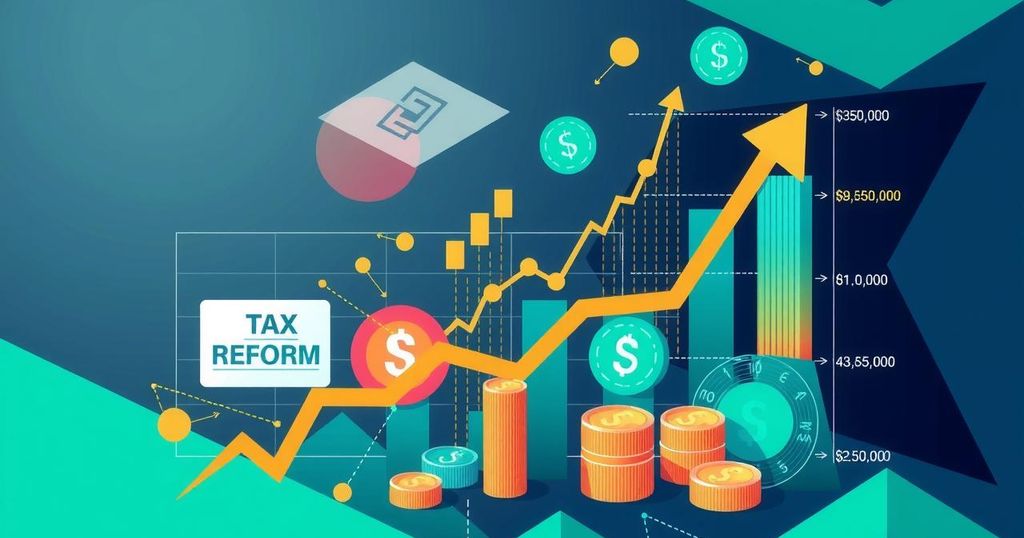- IMF reports Nigeria could see 0.5% GDP revenue loss.
- The decision not to raise VAT is due to socio-economic factors.
- State and local governments may face significant financial challenges.
- Reforms aim to improve Nigeria’s low revenue-to-GDP ratio.
- Public debt is increasing, adding pressure on fiscal policies.
IMF Predicts Significant Revenue Loss for Nigeria
Nigeria’s federal government may potentially face a 0.5% decline in Gross Domestic Product due to its recent choice not to increase the Value Added Tax (VAT) rate, as articulated in the International Monetary Fund’s (IMF) latest Article IV Consultation Report. The report indicates that the tax reforms initiated by the National Assembly and President Bola Tinubu were a significant move towards modernizing the tax system. However, the decision to keep the current VAT rate will seemingly result in an immediate shortfall in revenue, which is concerning for fiscal stability.
Economic Implications for State and Local Governments
The reasoning behind not raising the VAT at this juncture stems from concerns about high poverty and the challenges faced by vulnerable populations, which are exacerbated by a yet-to-be-fully-rolled-out cash transfer program. The IMF acknowledged that while this decision might stem from economic empathy, the consequences will hit hard at the state and local government levels. Without alternative financing, these subnational entities may have to resort to cutting back on spending or intensifying their own efforts to raise funds, potentially further deepening existing issues of social strain.
Call for Improved Fiscal Policy and Reform Strategies
The IMF’s report also urged that timely tax policy modifications are essential for restoring trust among investors and establishing a credible fiscal framework. The ongoing reforms, which involve improving compliance and modernizing tax frameworks, are marked as crucial for enhancing Nigeria’s revenue-to-GDP ratio, which is alarmingly low compared to global standards. Nevertheless, the increasing public debt, which hit around 52.9%, paired with 41.1% of federal revenue being allocated solely to interest payments, prompts urgent calls for a balanced fiscal approach to avoid unnecessary borrowing in the future.
To sum up, the IMF has highlighted the potential revenue loss of 0.5% GDP for Nigeria due to the current VAT rate decision. While the government’s choice stems from socio-economic considerations, especially concerning vulnerable groups, it could have significant repercussions for state and local finances. Tax reforms need to balance immediate revenue needs and long-term structural improvements to enhance fiscal sustainability and boost investor confidence moving forward.






